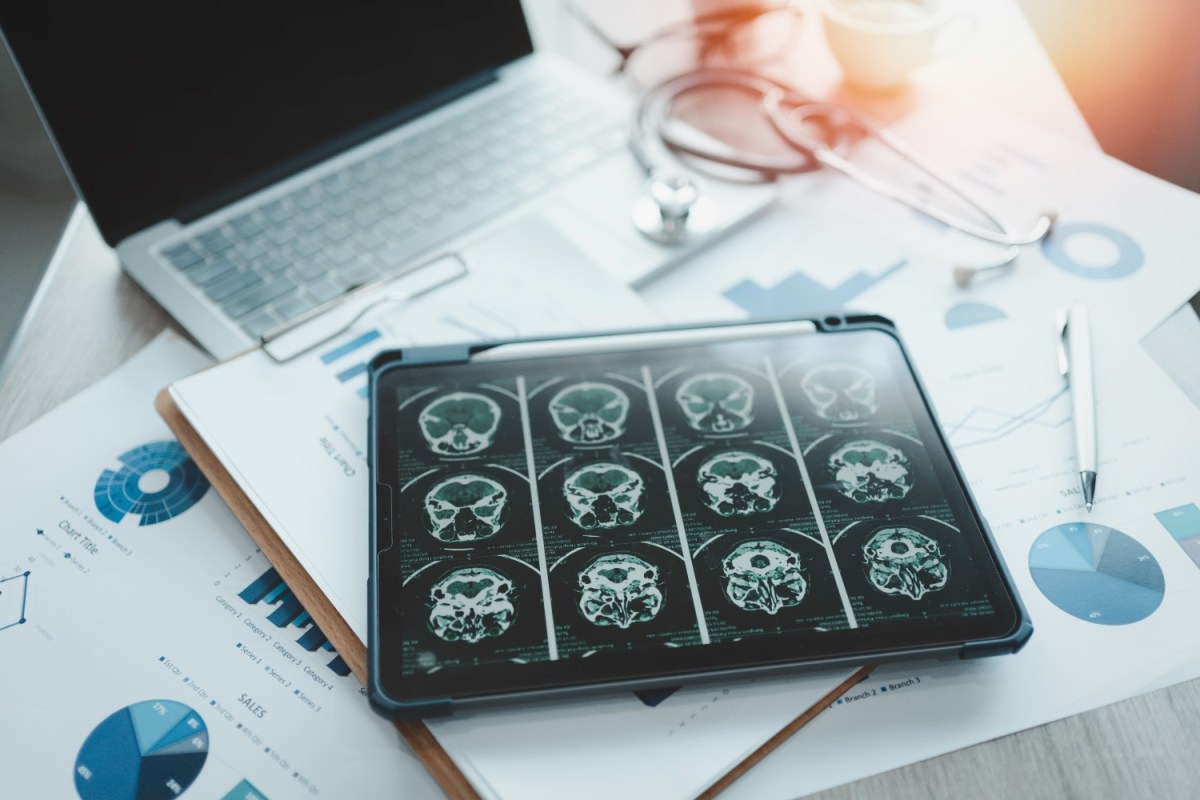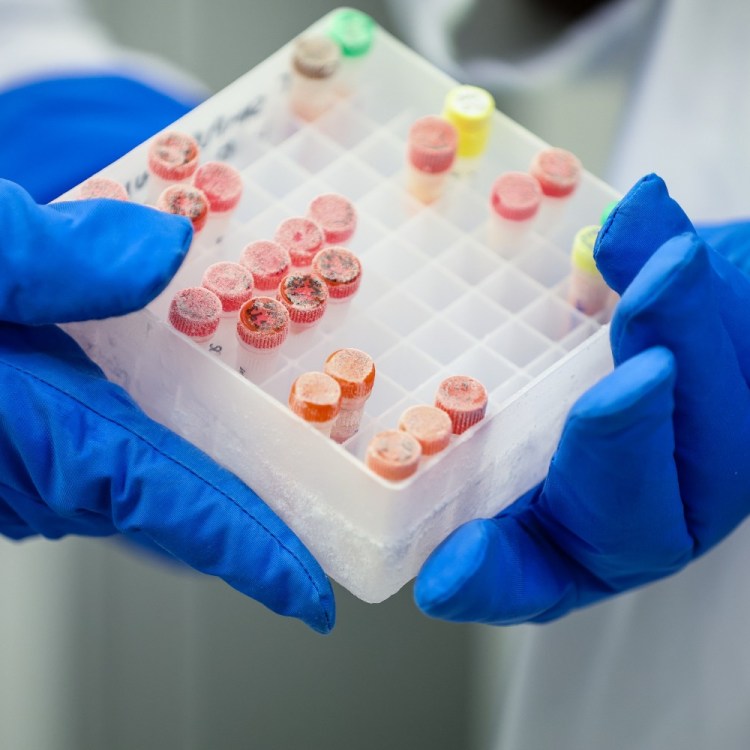It’s not hard to see why numerous people would want to take steps to prevent dementia later in life. For some, that might involve changing what they eat; for others, it could involve physical or behavioral changes. But there’s still a lot that experts don’t know — which can lead to a lot of ominous uncertainty when it comes to brain health and aging.
The results of a study conducted over the course of 25 years might offer more concrete information when it comes to preventing dementia. As Lily Tozer writes in Nature, the study relates to the balance of certain proteins in the human body — something that a group of scientists found plays a significant role in whether or not the patients that they surveyed developed dementia.
The study, published in Science Translational Medicine, involved evaluating blood samples from over 10,000 subjects, a process that began in 1987. Tozer describes the methodology here — over the course of the three decades that followed, the patients were examined six times.
Roughly 20% of the people studied ended up developing dementia — and based on the scientists’ findings 32 proteins seemed to be involved in giving people an elevated risk for dementia. Tozer writes that the proteins had to be “dysregulated in people aged 45 to 60” for that risk to go into effect — and that, most curiously, not all of these proteins have any involvement in the human brain.
How to Eat Your Way Out of a Potential Dementia Diagnosis
Heart-healthy foods are brain-healthy foods. Here’s where you should start.Keenan Walker of the U.S. Institute on Aging, the study’s lead author, told Nature that the connection of these proteins to dementia was “highly unlikely to be due to just chance alone.” It begs the question of the next steps — and what, if anything, this information can tell us about both prevention and treatment in the years to come.
Whether you’re looking to get into shape, or just get out of a funk, The Charge has got you covered. Sign up for our new wellness newsletter today.


















